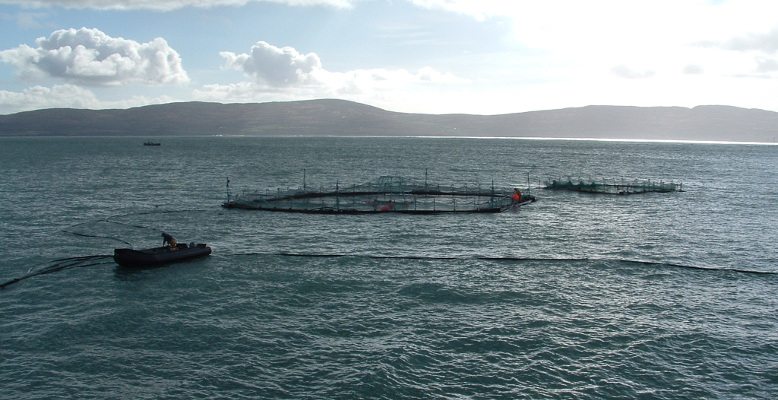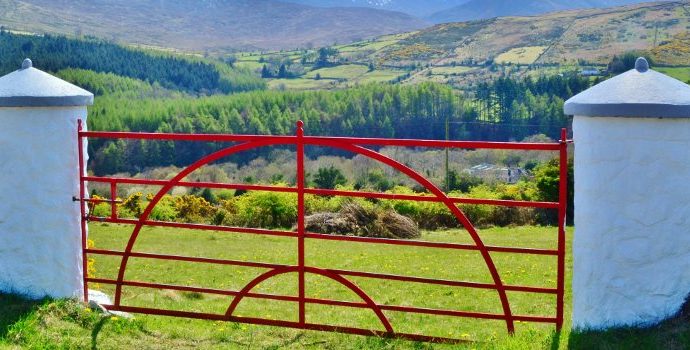High Seas Mortality the Major Cause of Wild Salmon Decline – IFA Aquaculture

Serious, long-term professional studies published recently in reputable scientific journals have clearly demolished the false impression that salmon farming has any impact on wild salmon stocks.
IFA Aquaculture Executive, Richie Flynn, said, “The wealth of data and strength of analysis of these studies clearly show there is no relationship between salmon farming and stocks of wild salmon along our coast and that the problems for wild fish – backed up by other research such as the €5.5 million EU project SALSEAmerge– are found in the wild salmon feeding grounds in the far north Atlantic.”
Mr Flynn continued, “There have been many attempts to blame fish farmers for wild salmon declines. Yet the fact that our native rivers have been neglected, overgrown by trees and weeds and blocked, undermanaged and covered by dams and unsuitable concrete traps is always overlooked. It is a fact that only a few Irish rivers have modern electronic fish counters to give the only accurate information on salmon stocks available to scientists and regulators. It is time that the European Commission looked into the governance and regulation of our wild fishery rivers to examine if they are in compliance with Habitats and other environmental directives, in particular where any disturbance is caused by works carried out by state agencies which impact on freshwater pearl mussels and sensitive habitats.”
The scientific research carried out by the Irish Marine Institute and published in prominent peer-reviewed journals, states that “Results from this study over a period of 9 years point to infestation with the salmon louse (L. salmonis) as being a minor component of marine mortality in the stocks studied.”
Mr Flynn said the increasing stocks of wild salmon in Ireland, evident in the catch statistics and counter data point to particular problems in some river systems – especially along the east coast where angling is severely restricted. “It is important to note that no salmon farming takes place in these eastern areas,” he said.
“Along the west coast, where most of the privately owned fisheries exist – a throwback to colonial times – the slaughter of wild salmon by rod and line is allowed in many rivers due to the abundance of stocks. In fact, the only scientifically proven human impact on wild stocks is by fishing and carrying out extended periods of impaling to exhaustion tens of thousands of fish at the end of a hook by angling, using methods which would never be allowed or acceptable in the farmed fish industry under animal welfare legislation.”
Mr Flynn said, “The farmed salmon industry provides much needed jobs and export revenue to communities where very little alternative employment prospects exist but are a vital part of our society and culture. It is all very well for those who could afford to retire to expensive holiday homes at the height of the Celtic Tiger property boom to complain about seeing activity on the sea, or those who wish that there were more wild fish to catch, but to curse aquaculture is a lazy and baseless option.”
“With over 60% of our seafood in the EU being imported, a growing demand for quality fish and shellfish around the world and the best waters in Europe to grow organic and high standard fish, it would be ludicrous to ignore this open opportunity in the knowledge that good farming represents no threat to wild stocks. We must develop aquaculture for the sake of our young people and our coastal villages and towns.”
Published articles – reference
http://www.sciencedirect.com/science/article/pii/S0044848611005229
http://www.sciencedirect.com/science/article/pii/S0044848611005229
For more information contact Richie Flynn at 086-2454402 or http://www.sciencedirect.com/science/article/pii/S0044848611005229




